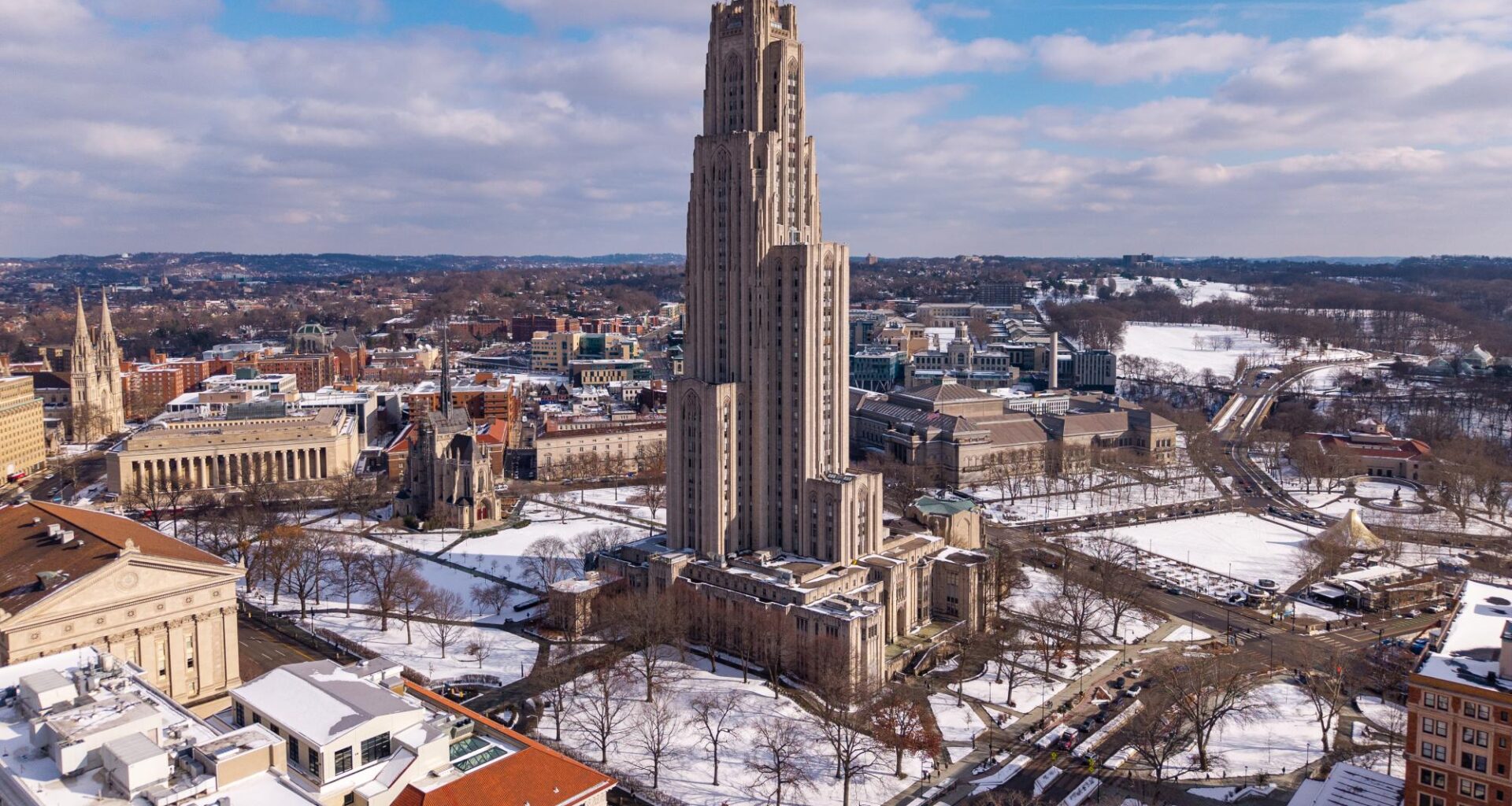International student enrollment dropped this fall, which comes on the heels of the Trump administration’s restrictive immigration policy.
This fall, undergraduate enrollment increased by about 4.5% — marking an increase from 20,418 undergraduate students last year to 21,388 this year. Though most enrollment numbers increased across the board, international student enrollment dropped by approximately 6%. This comes after President Donald Trump’s 2025 strict immigration policies and harsh rhetoric against immigrants.
Most international students at U.S. universities use the F-1 or J-1 visa. The F-1 visa is used most commonly for international students to study in the U.S., while the J-1 visa is generally used for short-term academic exchange programs.
This fall, 2,711 students with F-1 and J-1 visas enrolled at Pitt while last fall, the number was at 2,860 students, according to University spokesperson Jared Stonesifer.
According to Stonesifer, there is no “reliable mechanism” for the University to predict future enrollment percentages with the uncertainty of current immigration policy.
“Students are advised to weigh these challenges against the substantial benefits of a U.S. education at our institution,” Stonesifer said. “The University is committed to monitoring changes in policy, visa processing and global events that may impact international students’ ability to study in the United States and to providing support strategies based on evolving circumstances.”
On April 9, the Trump administration revoked a Pitt student’s visa and two recent graduates’ visas. Shortly after, Student Government Board announced the students’ legal statuses were restored in the federal Student and Exchange Visitor Information System.
In early October, the Trump administration sent a memo to nine U.S. colleges — not including Pitt — with specific requirements to get preferential access to federal funds. One requirement said universities can have no more than 15% internationally exchanged undergraduate students.
The University approved 215 H1-B visas in 2025, non-immigrant visas for highly educated foreign professionals to work in specialized jobs at universities and companies. Trump instituted a new $100,000 H1-B worker visa application fee in September, which previously cost $215.
Andrea Peña-Vasquez, an assistant professor of international affairs who specializes in immigration at the School of Public and International Affairs, said the University may see more stark effects in international enrollment next year.
“We might see people choosing to stay in their home countries or look into other places other than the U.S. to come for school,” Peña-Vasquez said. “Other countries that also offer opportunities for international students might become more appealing in the future because of [national immigration policy changes].”
Peña-Vasquez said she thinks federal immigration policies will harm SPIA, too.
“At SPIA, especially, we have such a large international population,” Peña-Vasquez said. ”Our international students really bring in this wealth of perspective that our domestic students benefit so greatly from.”
Peña-Vasquez said as a political scientist, she believes in the “soft power” of person-to-person discussion and connecting through educational opportunities, which international students contribute to.
“We learn so much from [international students], and the ones that do return to their home countries end up bringing back lessons from the U.S. about democracy and things like American culture,” Peña-Vasquez said. “I think that is such an important part of soft power, and I think now we’re going to see this decrease in these exchanges.”
Stonesifer said the University is working with public officials on all levels to advocate for international students.
“We work with the University’s elected officials, Pennsylvania’s Congressional delegation and federal agencies to advocate on behalf of our international community,” Stonesifer said.
Peña-Vasquez believes the Trump administration’s immigration policies are harmful to universities nationwide.
“Given what’s happening to other universities, I think that we can make an educated guess that [international enrollment numbers are] going to continue to drop because Pitt does not operate in a bubble,” Peña-Vasquez said. “We’re very much affected by these national level decisions, and I think that we’re definitely going to be affected negatively.”

